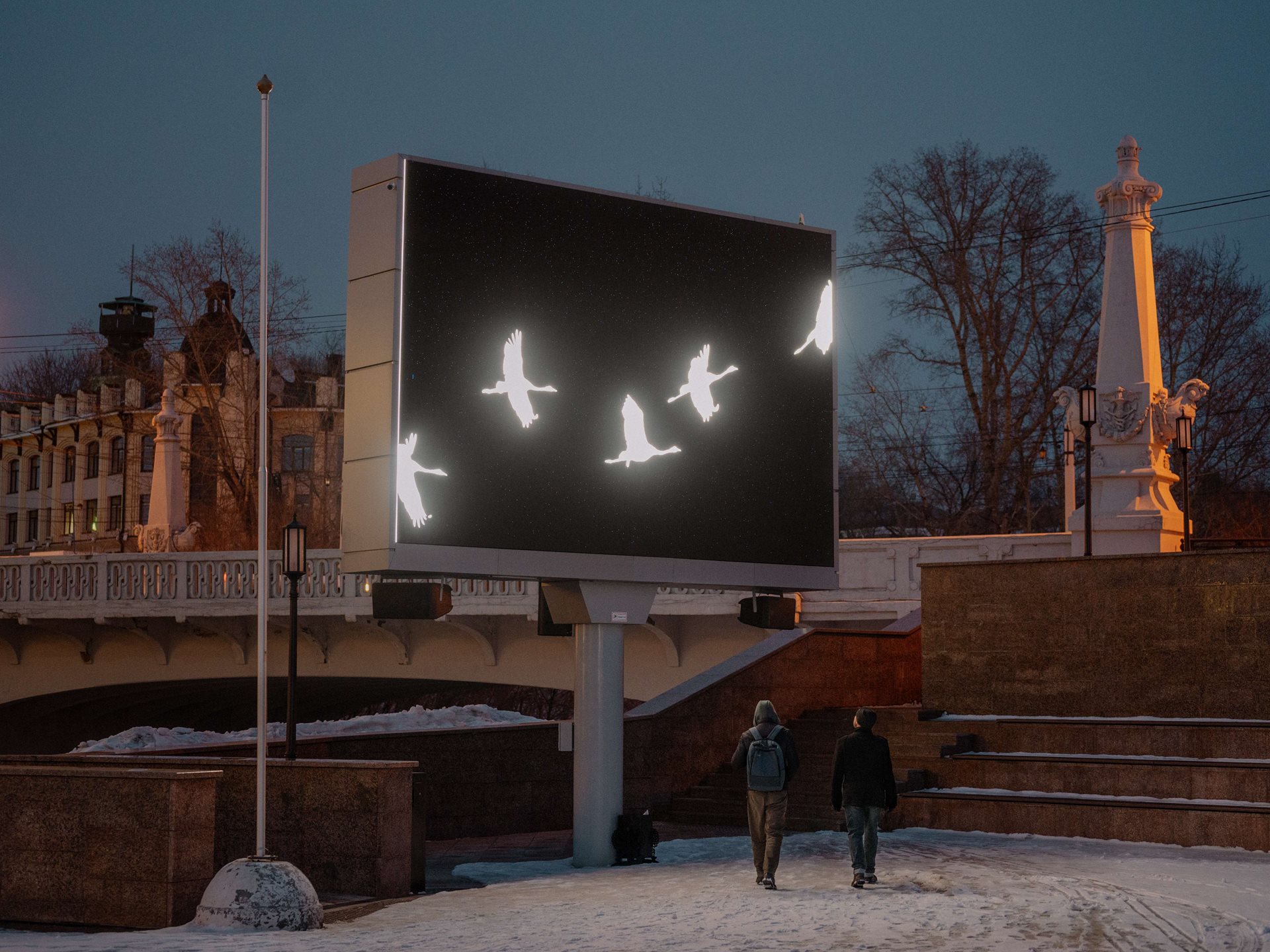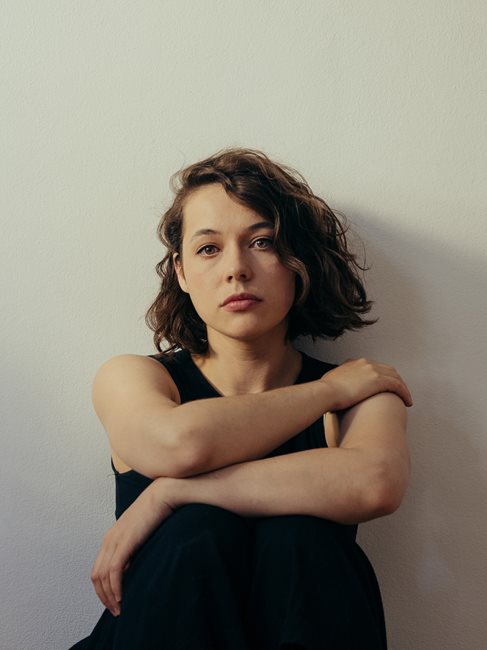Impromptu memorials like this one in Tomsk, Russia, sprung up around the country after a 22 March attack by Islamist extremists on the Crocus City Hall in Moscow, which killed 145 people. White cranes became a symbol for tragic events in Russia after a 1960s poem used them to portray WWII soldiers who did not return from battle.
Russia’s de facto ban on critical media outlets, its blocking of social media, and suppression of anti-war protests has created an alternative reality for its citizens: one with its own take, where the full-scale invasion of Ukraine was only a “special military operation” (as the Russian government initially insisted). In this story Aliona Kardash, Siberian-born, but now resident in Germany, reflects on the loss of home, and on love for people who believe in a different version of reality.
A week into Russia’s invasion of Ukraine in 2022, President Putin introduced censorship laws making criticism of the invasion a grave offense. Even using the term “war” instead of a “special military operation” was considered a crime. These laws have since been strengthened. People who peacefully protest the war are charged with “violence against police,” “incitement of hatred,” and even “treason”. Privately owned independent TV channels are banned from the air; many western media outlets are no longer accessible; and the media regulator, Roskomnadzor, censors independent news websites or can declare them “undesirable organizations” (which means that mentioning them or quoting them can lead to criminal proceedings). The remaining media are owned by the state or by Kremlin allies. The EU has accused Russia of “a systematic, international campaign of disinformation, information manipulation, and distortion of facts in order to enhance its strategy”.
Faced – like many Russians living abroad – with a distortion of information that seemed to leave her family back home in a parallel universe, Aliona decided to keep a visual diary of what was happening. She asks: Who do you become when your own family suddenly feels like strangers? How do you find a common language when there are no words left? Making a return visit to her hometown of Tomsk, in Siberia, Aliona tries to capture how war transforms us, and to sustain the belief that personal bonds are stronger than the forces that tear us apart.
Are you a photographer and/or passionate about press freedom? Sign up for our newsletter to stay updated on our annual contest and to hear about exhibitions near you.

